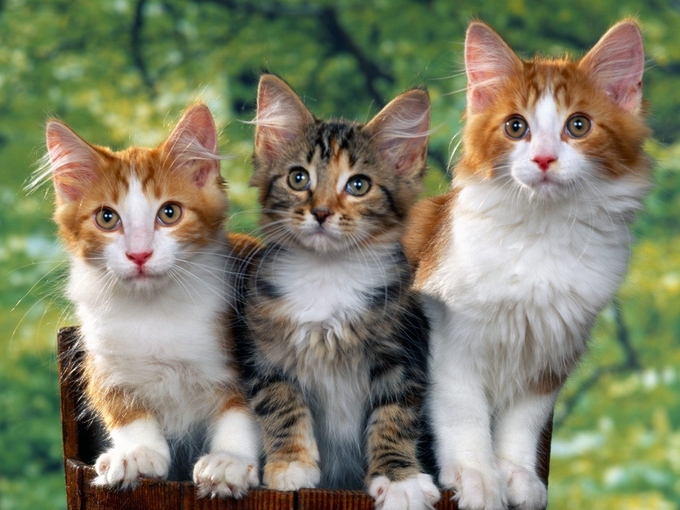October 30, 2025 | 19:07 GMT +7
October 30, 2025 | 19:07 GMT +7
Hotline: 0913.378.918
October 30, 2025 | 19:07 GMT +7
Hotline: 0913.378.918

Cats are the best natural enemies for controlling mice. Photo: Reference material.
Due to their exceptionally fast reproductive rate, mice pose a huge threat to agriculture, particularly in abandoned fields and fragmented areas such as industrial zones and residential areas, where they may easily find abundant food and shelter.
To address this danger, the Department of Agriculture and Rural Development of Phu Tho province initiates targeted efforts to eliminate mice at the start of every planting season, aiming to safeguard productivity. At the district level, municipalities and districts launch targeted programs to eliminate mice and assign tasks to communes, wards, and townships to mobilize all involved groups.
Local towns and townships implement targeted campaigns to eliminate mice and delegate responsibilities to production teams, households, and organizations such as agricultural extension groups and service cooperatives.
According to data from the Plant Protection and Plant Quarantine Bureau of Phu Tho province, during the spring planting season of 2024, the province has utilized 88,200 cats, 1,663 kg of biological rodenticides, and 2,904 kg of chemical rodenticides to participate in a focused campaign to eliminate mice.
Consequently, the harm inflicted by mice has considerably diminished in terms of the extent of the afflicted region and the severity level. By spring 2024, a mere 101 hectares of crops across the entire province have suffered mild harm from mice.
Translated by Linh Linh

(VAN) Sustainable rice production requires a comprehensive soil management strategy, the application of technology, value chain linkages, and integrated economic, social, and environmental solutions.

(VAN) Kim Anh commune (Hanoi) is shifting to biosecure livestock farming to improve product quality and increase sustainable economic value.

(VAN) Early on October 30, all relief supplies from the Russian Federation arrived at Noi Bai Airport and immediately transported to Hue City during its peak of the flooding.

(VAN) According to Deputy Minister Nguyen Hoang Hiep, just 20 days after the appeal was launched, Viet Nam received assistance from 30 countries and international organizations, with a total value of USD 9.7 million.

(VAN) SEAMAP and ROMONA sign a 2025 - 2028 Memorandum of Understanding, marking a new chapter in Viet Nam’s marine geodesy and positioning technology development.

(VAN) UNICEF, in cooperation with the Ministry of Agriculture and Environment, has provided 800 water storage tanks, 800 essential hygiene kits, and 80,000 water purification tablets to people affected by the recent floods.

(VAN) More than 32,000 plant genetic samples currently preserved in Vietnam’s National Genebank are laying the foundation for the establishment of a National Botanical Garden and the development of climate-resilient crop varieties.